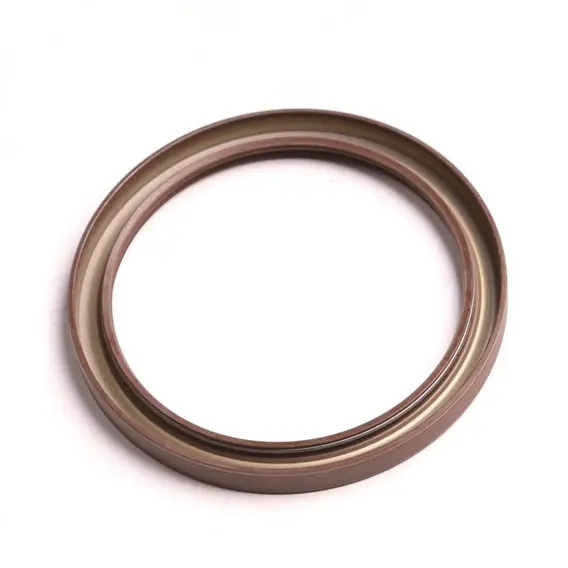9 月 . 26, 2024 04:21 Back to list
oil seals
Understanding Oil Seals A Comprehensive Overview
Oil seals, also known as radial shaft seals or grease seals, play a critical role in various mechanical systems by preventing the leakage of lubricants and the ingress of contaminants. They are essential components in motors, gearboxes, pumps, and other machinery that rely on oil for smooth and efficient operation. In this article, we will explore the functionality, types, manufacturing materials, and applications of oil seals to understand their significance in engineering and maintenance.
Functionality of Oil Seals
The primary function of an oil seal is to create a barrier that retains lubrication within a mechanical system while simultaneously keeping contaminants, such as dirt, dust, and moisture, out. This dual protective nature helps in maintaining optimal lubrication, enhancing the longevity of machinery by minimizing wear and tear caused by friction. Oil seals also assist in controlling the pressure within systems, making them crucial for the efficiency and reliability of various applications.
Oil seals typically consist of a flexible lip that contacts a rotating shaft, forming a seal. The correct design and installation of these seals are vital; otherwise, leaks can occur, leading to decreased performance, higher maintenance costs, and potential damage to machinery.
Types of Oil Seals
There are several types of oil seals, with the most common ones being
1. Single Lip Seals These seals have a single sealing lip that is pressed against the shaft. They are widely used in various applications due to their simplicity and effectiveness.
2. Double Lip Seals Featuring two sealing lips, these seals provide enhanced protection against contamination and are suitable for applications where the risk of dirt ingress is high.
3. Spring-Loaded Seals These oil seals incorporate a spring mechanism that ensures consistent contact between the sealing lip and the shaft, accommodating slight shaft movement and wear over time.
5. Custom Seals For specific applications or challenging environments, custom oil seals can be designed to meet unique requirements, including extreme temperatures and pressures.
Manufacturing Materials
oil seals

The choice of material for oil seals is crucial as it affects their performance and longevity. Common materials used in oil seal manufacturing include
- Nitrile Rubber (NBR) This is one of the most widely used materials due to its excellent resistance to oil, fuel, and temperature variations. - Fluoroelastomer (FKM) Known for its exceptional chemical resistance, FKM seals are ideal for harsh environments and high temperatures, often seen in automotive and aerospace applications.
- Polyurethane These seals offer excellent toughness and abrasion resistance, making them suitable for heavy-duty applications.
- PTFE (Teflon) Although not as common as rubber seals, PTFE seals are suitable for extreme temperatures and aggressive chemicals, appealing in specialty applications.
Applications of Oil Seals
Oil seals are widely used in numerous industries, including automotive, aerospace, manufacturing, and more. Some common applications include
- Automotive In vehicles, oil seals are essential for engines, transmissions, and differential housings, where they prevent oil leaks and keep lubricants in place.
- Industrial Machinery Oil seals are found in various types of machinery, helping maintain the operational integrity of gearboxes, pumps, and hydraulic systems.
- Aerospace Given the critical nature of aerospace components, oil seals designed for aircraft engines and systems undergo rigorous testing to ensure safety and reliability.
- Home Appliances Oil seals are also utilized in household appliances, such as washing machines and refrigerators, to protect motors and compressors from oil loss and contamination.
Conclusion
Oil seals may be small components in the grand scheme of machinery, but their importance cannot be overstated. They are pivotal in ensuring the efficiency, reliability, and longevity of mechanical systems. Understanding their functionality, types, materials, and applications is essential for engineers and technicians tasked with maintaining and designing various machinery. By choosing the right oil seal for each application, industries can minimize maintenance costs, reduce downtime, and ultimately enhance performance. Whether in an automotive engine or an industrial machine, oil seals are indeed the unsung heroes of mechanical integrity.